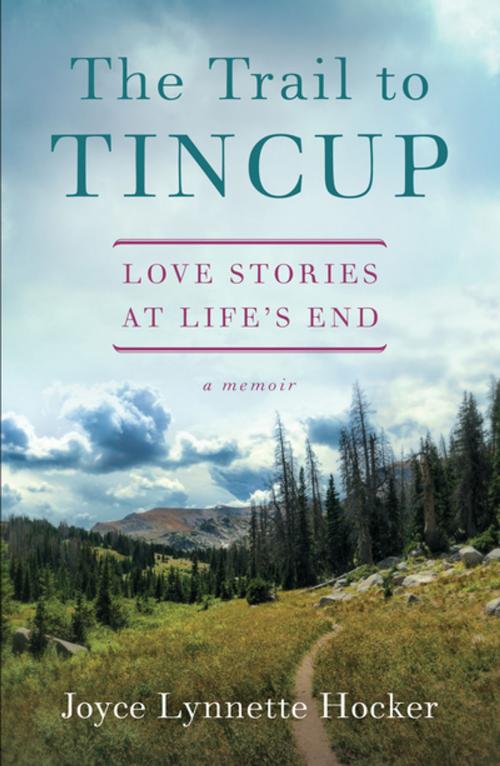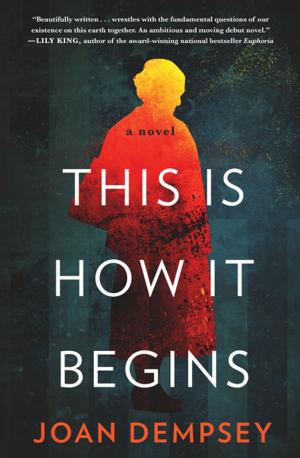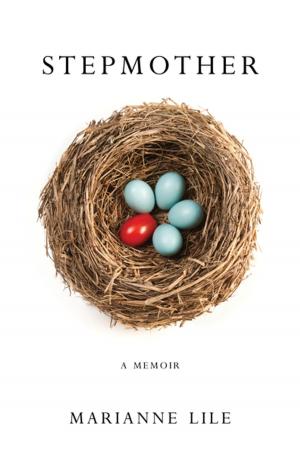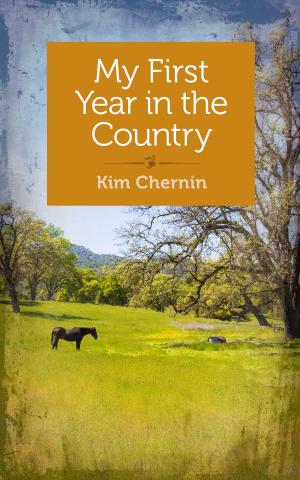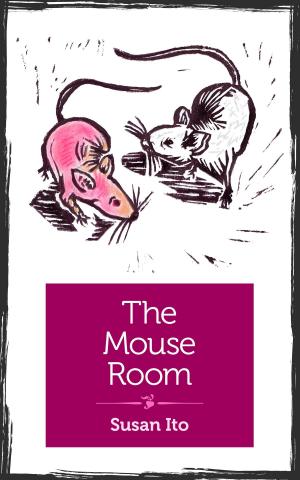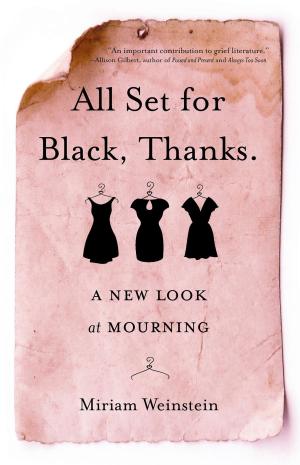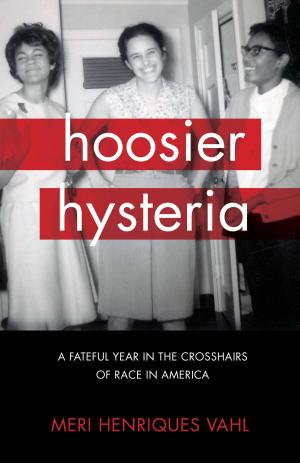The Trail to Tincup
Love Stories at Life’s End
Nonfiction, Family & Relationships, Family Relationships, Siblings, Death/Grief/Bereavement, Biography & Memoir| Author: | Joyce Lynette Hocker | ISBN: | 9781631523427 |
| Publisher: | She Writes Press | Publication: | May 15, 2018 |
| Imprint: | She Writes Press | Language: | English |
| Author: | Joyce Lynette Hocker |
| ISBN: | 9781631523427 |
| Publisher: | She Writes Press |
| Publication: | May 15, 2018 |
| Imprint: | She Writes Press |
| Language: | English |
• In a survey of 8000 people, (Leeack and Granek, Slate survey, 2011) measuring responses to grief, 60% of respondents dreamed about their lost intimate, 60% described the grief as extremely intense, and less than 50% experienced any denial of grief. Grief is intense and overwhelming. • In the DSM 5, grief responses of more than 6 months may be diagnosed as “pathological, complicated or prolonged. ” yet More than half of survey respondents experienced grief up to 8 years prior to the survey. Grief is long-lasting. Writing about departed intimates makes the loss meaningful and allows the writer to take as long as needed to recover from intense grief. • There were 46.2 million people older than 65 in 2014, or 1 in 7 of Americans. Their cohort or their children will provide end of life care. • Writing about grief brings biological benefits (Pennebaker, et.al). Stress, depression and vigilance are decreased. Hocker provides a model for writing through grief, using four loss experiences.
• In a survey of 8000 people, (Leeack and Granek, Slate survey, 2011) measuring responses to grief, 60% of respondents dreamed about their lost intimate, 60% described the grief as extremely intense, and less than 50% experienced any denial of grief. Grief is intense and overwhelming. • In the DSM 5, grief responses of more than 6 months may be diagnosed as “pathological, complicated or prolonged. ” yet More than half of survey respondents experienced grief up to 8 years prior to the survey. Grief is long-lasting. Writing about departed intimates makes the loss meaningful and allows the writer to take as long as needed to recover from intense grief. • There were 46.2 million people older than 65 in 2014, or 1 in 7 of Americans. Their cohort or their children will provide end of life care. • Writing about grief brings biological benefits (Pennebaker, et.al). Stress, depression and vigilance are decreased. Hocker provides a model for writing through grief, using four loss experiences.
